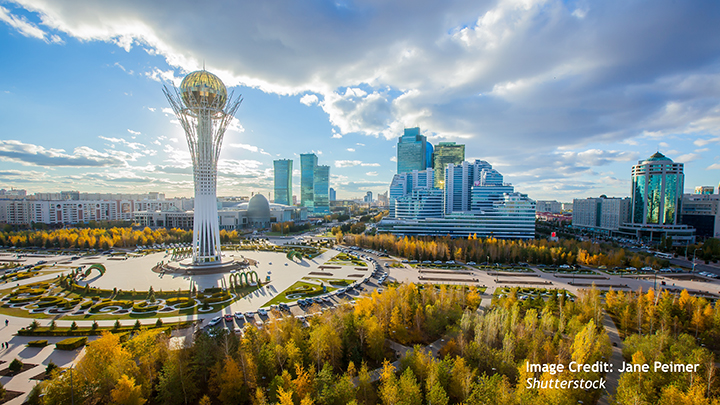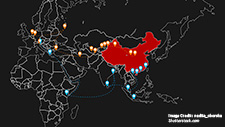Discovering Opportunities in the Pandemic? Four Economic Response Scenarios for Central Asia

Farrukh Irnazarov and Roman Vakulchuk
Executive Summary
The COVID-19 crisis represents not only an unprecedented economic disruption but also an opportunity for Central Asia. A specific economic policy response may trigger either game-changing reforms that can facilitate the development of full-fledged market institutions or lead to a protracted crisis that would jeopardize almost 30-year long market economy transition progress. As it is rather unclear where the recovery pendulum will make its final swing, the current situation provides fruitful soil for various assumptions. This paper proposes and examines four scenarios of economic response strategies for the region as a whole, and for Kazakhstan, Kyrgyzstan, Tajikistan and Uzbekistan in particular, that result in unique development trajectories. The paper employs the foresight methodology to build four scenarios related to the situation after the lockdown is fully lifted. The scenarios serve the purpose of helping decision makers to embark on informed decisions while shaping anti-crisis measures and better understand causality mechanisms behind their policy choices.
Scenario 1 (Protectionist Autarky): Stability upheld, limited reforms, increased role of the state and protectionism.
Scenario 2 (Impactful Diversification): Increased social support, augmented role of the private sector, comprehensive diversification and enhanced regionalization.
Scenario 3 (Inertial Asymmetry): Selective support measures, inequality-conducive, restricted diversification and limited reforms, “business-as-usual” commodity market, growing regionalization.
Scenario 4 (Unleashed Bazaar): Major institutional reforms, FDI-oriented economic openness, leapfrogging from stagnant to advanced emerging markets.
Related Publications
-
ISDP Annual Report 2023
ISDP’s Annual Report for the year 2023. We look back on 2023, a year in which tensions and conflicts captured the strategic space in ISDP’s focus areas, making headlines around […]
-
China in Eurasia: Revisiting BRI amidst the Russia-Ukraine Crisis
This paper discusses China’s trade and connectivity plans under the Belt and Road Initiative (BRI) in the Eurasian region and the impact of the Russian invasion of Ukraine on Chinese […]

